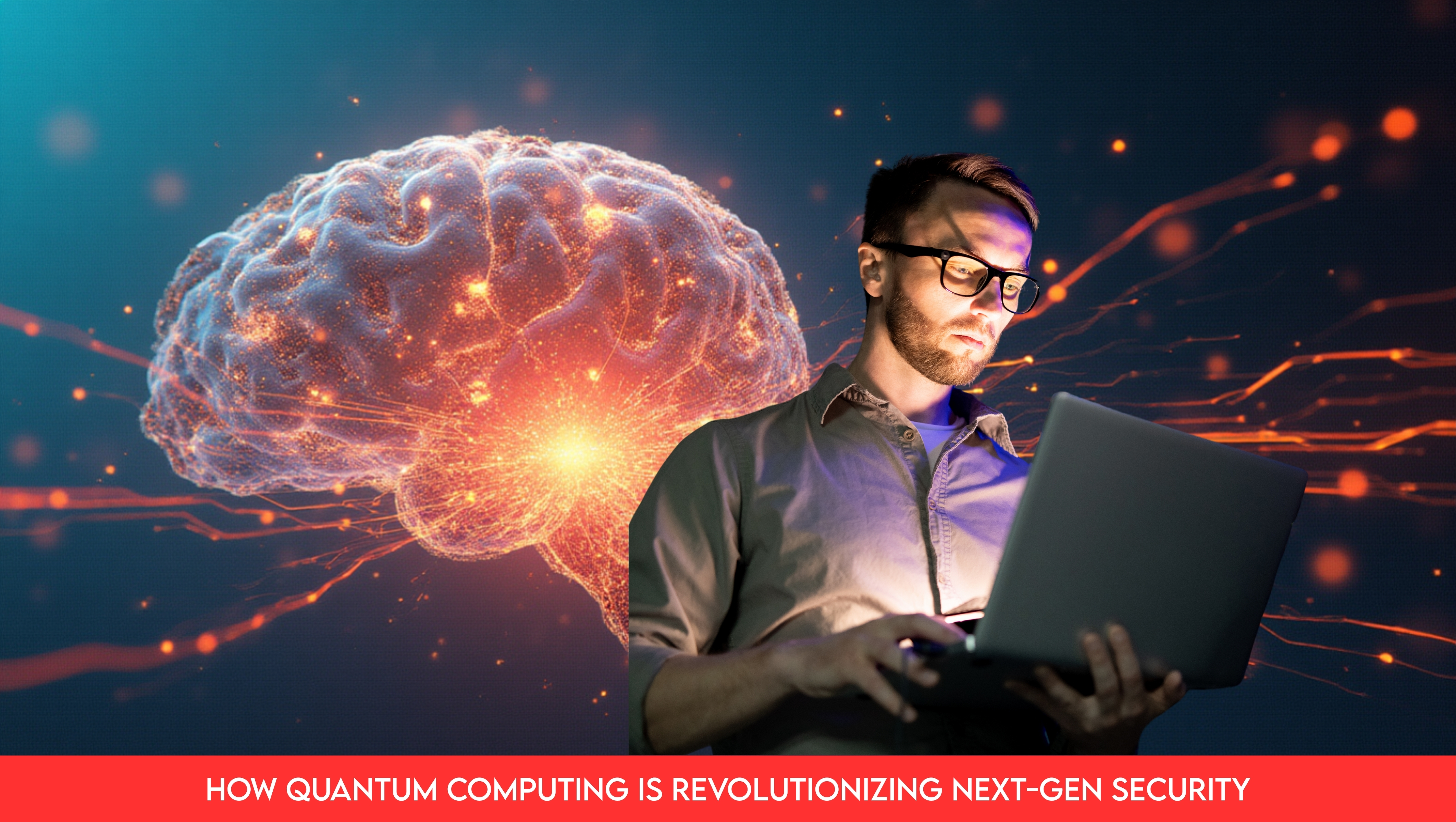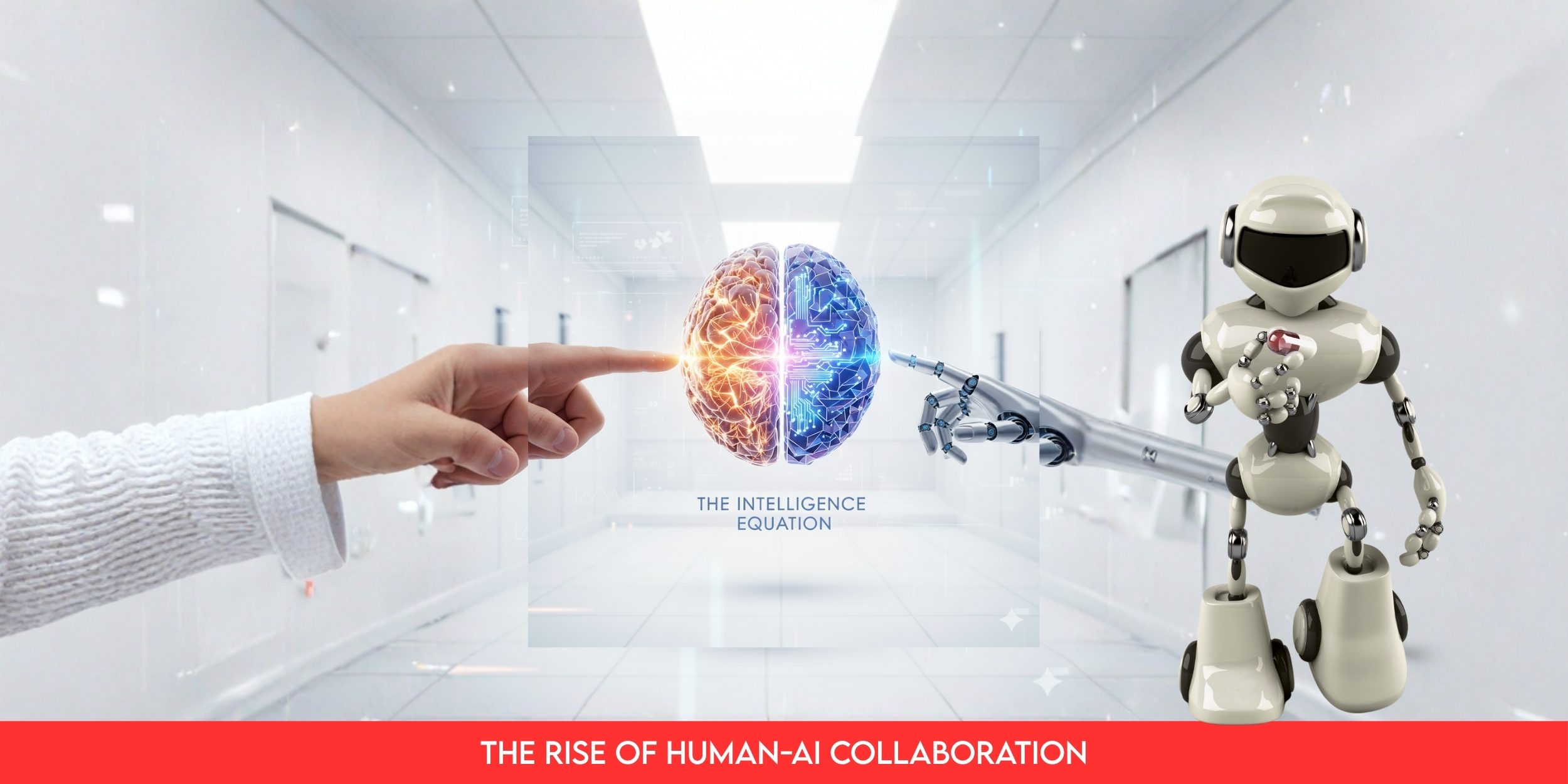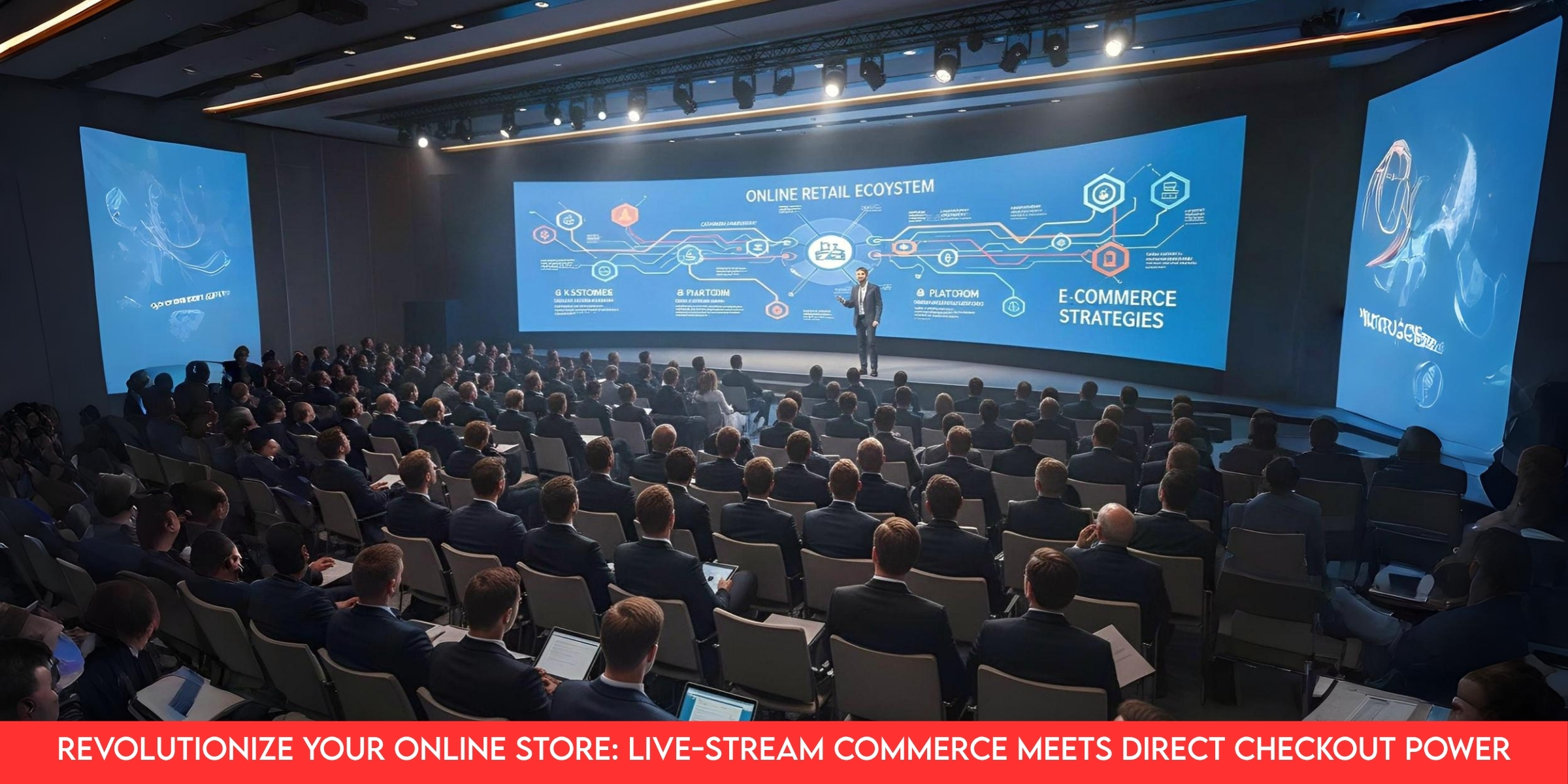
The Unseen War in Cyberspace
Every second, billions of data packets travel across the internet, each carrying fragments of who we are. Bank details, medical records, business secrets. Invisible threads weave the fabric of modern life.
Now imagine a technology so powerful it could unravel all that encryption in seconds. That’s not science fiction anymore, it’s Quantum Computing.
While most people still treat it like a distant dream, governments, tech giants, and defense agencies are quietly racing to harness it. Because whoever masters quantum first owns the digital keys to the future.
What Makes Quantum Computing Different
To grasp its impact on next-gen security, you need to understand what makes Quantum Computing unlike anything before it.
Traditional computers process information in bits, zeros, and ones. Quantum computers use qubits, which can be both zero and one at the same time. This phenomenon, called superposition, allows them to explore countless solutions simultaneously instead of one by one.
The result? Speed that bends the imagination. Problems that would take classical supercomputers thousands of years could be solved in seconds. Encryption? Cracked. Passwords? Exposed. Security systems? Rendered obsolete.
But it’s not just destruction. Quantum Computing can also rebuild trust from the ground up. With new cryptographic methods so secure that even quantum machines can’t break them.
Why Classical Security Systems Are Breaking
Today’s cybersecurity stands on mathematical assumptions, mainly that factoring large numbers takes time. RSA, AES, and ECC encryption all depend on that slowness.
Enter Shor’s algorithm, a quantum formula capable of factoring those massive numbers at lightning speed. What once protected your online bank transfer could, under quantum attack, collapse instantly.
This isn’t a problem for “someday.” The National Institute of Standards and Technology (NIST) in the U.S. has already started developing post-quantum cryptography standards. They know the clock is ticking.
As one researcher put it, “Quantum computers don’t need to exist yet to be dangerous they only need to be inevitable.”
Quantum Computing Meets Artificial Intelligence
Here’s where it gets interesting. Pair Quantum Computing with AI, and you get a force that redefines intelligence itself.
AI thrives on data, pattern recognition, and computation. Quantum computers supercharge all three. They can simulate complex systems, predict anomalies, and train AI models at unprecedented speed.
In security, this means AI can identify breaches or fraud before they occur. Imagine systems that detect not just intrusions, but intentions. Algorithms that “feel” when something’s off in real time.
This fusion of AI and quantum processing isn’t just fast, it’s predictive, adaptive, and self-healing. That’s the heartbeat of next-gen defense.
Quantum Cryptography: The New Digital Shield
The irony of quantum power is poetic: the same force that can destroy encryption can also make it unbreakable.
Quantum Key Distribution (QKD) uses the laws of physics, not math, to secure communication. It transmits encryption keys via photons (particles of light). If anyone tries to intercept, the act of observation changes the photons, instantly revealing the intrusion.
In other words, hacking becomes not just hard, it becomes impossible without detection.
China launched the first quantum satellite, Micius, to test this technology. The European Union and the U.S. are racing to build quantum networks that could make data breaches a relic of the past.
The stakes are massive. Financial systems, military secrets, personal data everything depends on who builds the strongest quantum shield first.
The Quantum Arms Race: Who’s Leading
Like the nuclear race of the past century, the quantum revolution has triggered global competition.
China is investing billions in quantum communication satellites and networks.
The United States leads in private sector innovation, with IBM, Google, and Rigetti developing scalable quantum processors.
Europe is funding Quantum Flagship projects aimed at integrating quantum systems into AI and healthcare.
The race isn’t just about computing power, it’s about control, influence, and digital sovereignty.
Whoever achieves quantum supremacy by solving a problem no classical computer can will hold the upper hand in cybersecurity, military intelligence, and even global economics.
Challenges in the Quantum Revolution
But here’s the twist: Quantum Computing is still messy. Qubits are fragile. They lose coherence when exposed to the slightest disturbances heat, vibration, even cosmic rays.
Building stable quantum systems requires near-absolute-zero environments and astronomical budgets. That’s why today’s machines handle only a few hundred qubits. To truly break current encryption, we’d need millions.
And yet, progress is relentless. Quantum error correction, superconducting circuits, and photonic systems are closing the gap. Every year, the distance between “theory” and “threat” shrinks.
Future of Next-Gen Security with Quantum Intelligence
Let’s fast-forward a decade.
Your digital identity, financial data, and communication will likely move through quantum-secured channels. Authentication will rely on quantum signatures instead of passwords. AI will run quantum simulations to predict potential cyberattacks before they occur.
Organizations won’t just react, they’ll anticipate. Defense systems will evolve continuously, adapting in microseconds to new threats.
Quantum networks will connect countries, companies, and individuals with near-unhackable communication layers. Governments are already laying the groundwork for this next-gen security ecosystem, a web of trust built on quantum laws.
The cost of ignoring this revolution is too high. Businesses that wait until quantum disruption hits will find their data history laid bare.
Ethical Dilemmas and Human Impact
Every revolution has its shadow. Quantum Computing could empower both protectors and predators.
In the wrong hands, it could dismantle privacy faster than we can rebuild it. Hackers, espionage groups, and even authoritarian regimes could weaponize quantum decryption.
That’s why global cooperation matters. Regulation, ethical frameworks, and transparency must evolve as fast as the technology itself.
This isn’t just about machines it’s about the kind of digital future we want to create. One built on fear and control, or one grounded in trust, resilience, and shared intelligence.
FAQs
Q1. How soon will Quantum Computing affect cybersecurity?
Most experts estimate within the next 5–10 years. Early forms of quantum attacks could appear sooner as hybrid systems emerge.
Q2. Can Quantum Computing break all encryption?
Not all, but most current algorithms like RSA and ECC would be vulnerable. That’s why post-quantum cryptography is in development.
Q3. What industries will benefit most from quantum-secure systems?
Banking, defense, healthcare, and telecommunications. Anywhere sensitive data moves or decisions rely on integrity.
Q4. How is AI involved in quantum security?
AI optimizes quantum algorithms, predicts threats, and manages real-time responses. Together, they create adaptive, intelligent defense systems.
Q5. Can small businesses prepare for the quantum revolution?
Yes. By adopting hybrid encryption systems and staying informed about emerging post-quantum security standards.
The Next Chapter of Trust
For decades, we built security on complexity make the code harder to crack, make the key longer.
Quantum Computing flips that script. It reminds us that true security isn’t just about stronger locks, it’s about smarter systems, transparent design, and collective responsibility.
The quantum revolution isn’t coming it’s already humming quietly in labs, rewriting the rules of power and privacy.
The question isn’t whether it will reshape next-gen security. The question is: Who will be ready when it does?





